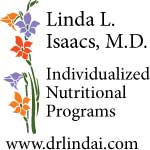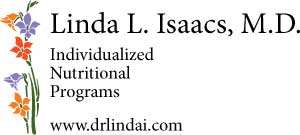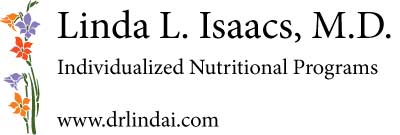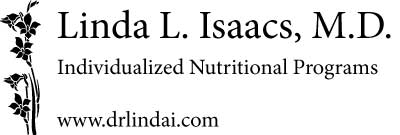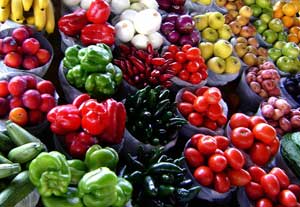Diet—Why It Matters
Eating properly—organic, unrefined whole foods, with plenty of fresh vegetables and vegetable juice—is absolutely critical for the successful application of the prescribed treatment plans. Taking nutritional supplements cannot compensate for a bad diet.
Nutritional supplements may provide a specific substance that is valuable, but there may be dozens of less studied substances in the whole food that are also good. Nutrients in a food work together; eating a poor diet, and trusting nutritional supplements to make up the difference, means missing out on this entourage of nutrients in food.
A poor diet can also lead to unhealthy bacteria in the gut. The various microscopic organisms present in the gut are known as the microbiome, and if the microbiome is in good shape, these bacteria manufacture a wide variety of beneficial substances. But a poor diet creates an unhealthy microbiome, creating inflammatory molecules that are absorbed, damaging tissues throughout the body. The microbiome may also be injured by the pesticides and herbicides that are present on non-organic foods. Probiotic supplements cannot correct this if we continue to eat refined, processed, chemical-laden foods.
The following articles are designed to help current and potential patients understand some of the theoretical underpinnings of the dietary recommendations, comment on some widely promoted dietary approaches, and provide some practical suggestions for implementation.
- Why I Recommend Different Diets for Different People: the Foreword to Dr. Gonzalez’ book Nutrition and the Autonomic Nervous System discusses this. Click here to read the Foreword as a PDF file; click on the title to buy the book (affiliate link).
- Thoughts on the Ketogenic Diet
- Dietary Adherence
- Recipes: The 11-Grain Cereal and the bean recipe that Dr. Gonzalez and I have recommended to patients for years, and a salad dressing recipe that is easy and good.
- Recipe Suggestions from Patients
